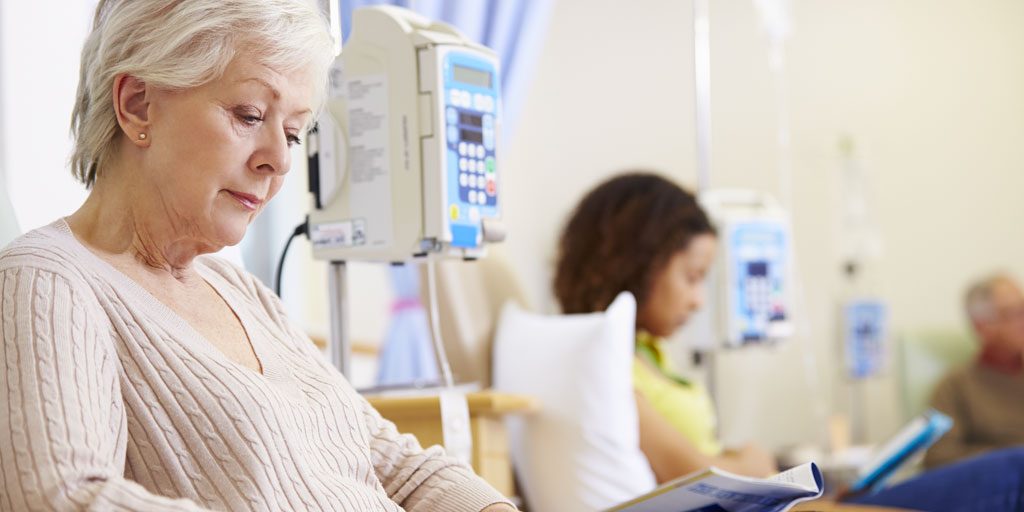Vaginal Health After Breast Cancer – How Chemo and Treatment Can Impact Vaginal Health
Posted By:

Dr. Michael Coyle, DO FACOOG, FPMRS

The Impact of Chemotherapy
Women who are breast cancer survivors or patients can find that their vaginal and pelvic health is being profoundly impacted by their cancer treatment, whether vaginal health is compromised by early onset menopause or as a result of chemotherapy or other drugs.
But there are safe and effective ways to combat the lingering vaginal side effects of breast cancer treatments.
Why Does Breast Cancer Treatment Affect Vaginal Health?
Chemotherapy drugs commonly irritate all mucous membranes in the body, including vulvar and vaginal tissues. The irritation can cause burning and inflammation similar to the side effects a patient feels in the lining of the mouth, esophagus and digestive tract. Chemotherapy can also damage the ovaries and reduce estrogen production which can lead to temporary or even permanent menopause in younger women. This decrease in estrogen also impacts vaginal health.
Radiation treatments can also damage the ovaries and initiate menopausal symptoms including vaginal dryness and pain.
Drugs that impact hormone production and absorption such as Tamoxifen and various aromatase inhibitors will also change the body’s use of estrogen and cause vaginal health issues.
Yeast infections are also common during chemo, especially in women taking steroids or antibiotics to treat or prevent bacterial infections. Yeast infections cause itching inside your vagina or on the vulva accompanied by a thick, whitish discharge and a burning sensation during sex. Because a patient’s immune system is weakened by chemotherapy, any infection is a cause for concern. A compromised immune system can also lead to flare-ups of pre-existing genital herpes or genital warts further irritating vaginal and vulvar tissues.
Lowered immunity also puts patients at greater risk for sexually transmitted diseases. Practice safer sex from start to finish using condoms or other barriers to avoid body fluid during any form of sexual contact.
A urogynecologist can address all vaginal and urinary health problems. A urogynecologist specializes in pelvic floor health and will assess the function of all pelvic systems and structures. Together you can develop a program to improve and maintain your vaginal health and strengthen your pelvic floor.
Know your options and live the life you want.
Schedule an Appointment TodayDo You Have Any of These Symptoms?
Contact your doctor if you are experiencing any of these symptoms:
- Vaginal irritation, burning, itching, chafing, or other discomfort
- Painful or uncomfortable intercourse caused by vaginal dryness or sensitivity
- Any sign of bleeding. Because the vaginal walls are thinner and may injure more easily the vagina is more susceptible to infection
- Discharge with an unpleasant odor, which can be a sign of high vaginal pH or alkalinity or an infection
- Your doctors should be alerted about any issue that worries you. You know your body best, so don’t be afraid to speak up
The urogynecologists at the Coyle Institute can recommend your best course of treatment, including hormone-free, non-interactive and non-invasive treatments such as diVa® Laser Vaginal Therapy, which improves vaginal health and helps women regain their sexual desire and confidence.

You’re a survivor; so don’t let vaginal health issues keep you from living your fullest, happiest life! Your happiness and comfort are important!
Contact the Coyle Institute today for more information or to schedule your consultation.
